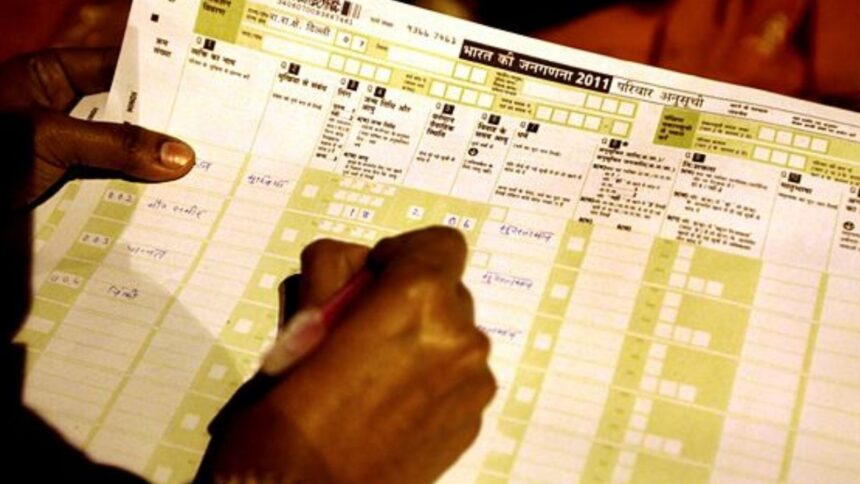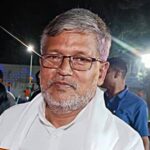The Telangana government’s expert working group has decided to formulate a first-of-its-kind ‘Composite Backwardness Index’ using the caste census data to measure disparities across the 243 sub-castes enumerated in the survey.
The expert working group, constituted by the Telangana government on March 7 this year under the chairmanship of Justice Sudarshan Reddy (Retd.), met here to discuss and analyse data collected under the caste survey conducted in the state.
The survey was formulated to study, analyse and interpret data collected under the Social Education Employment Economic Political Caste (SEEEPC) Survey of 2024. Drawing inspiration from the principles enshrined in the Constitution, the expert working group will formulate a ‘Composite Backwardness Index’ for each of the sub-castes of Telangana.
Praveen Chakravarty, the convenor of the expert working group, said the ‘Composite Backwardness Index’ will be a numerical and objective measure of the relative backwardness of each sub-caste computed through a quartile based statistical analysis using all parameters of the SEEEPC data.
He said the expert group will use up to 43 parameters split between rural and urban areas under seven categories namely social, education, living standards, occupation, income, movable and immovable assets and access to banking and finance to compute a holistic measure of backwardness.
It may be recalled that the Mandal Commission report used 11 parameters to compute relative backwardness of sub-castes.
Chakravarty said the expert group has finished statistical and data work and had a detailed discussion of the findings of the Composite Backwardness Index (CBI) in its meeting today.
“There was a consensus agreement on the CBI method, the parameters used for analysis, the graphical representation and the larger findings. The expert group will move to the next phase of drafting of the report and expects to submit the report to the government of Telangana in a month’s time or before,” he added.
The report will present as ordinal ranking of relative backwardness of each sub-caste based on the CBI score as well as ranking of each sub-caste on each of the seven categories and parameters used for evaluation, said Chakravarty.
The expert group’s next meeting will be held soon for discussion and approval of the final report.
The expert group has also recommended that the Telangana government provide a natural language interface using Artificial Intelligence to the SEEEPC dataset in aggregate form without revealing any household specific information and make it available for further analysis for the larger research fraternity.
The expert group consists of nine full-time members and other special invitees with expertise in sociology, caste studies, history, policy, law, economics, statistics and other domains who are working in an honorary capacity to prepare a report of their findings of the SEEEPC survey.
The expert group’s earlier three meetings were held in .
The Telangana 2024 SEEEPC exercise is a robust survey of 3.55 crore people with 75 fields of information about each person covering social, economic, educational, identity, occupational and living aspects of their daily lives.
It enumerates people across 243 sub-castes and an option of ‘No Caste’ for those who do not wish to divulge and ‘Others’ for those who do not fall into any of the sub-castes listed in the enumeration manual.
The survey methodology is rigorous and scientific, making this one of the largest such exercises involving caste identities in the history of independent India. This dataset provides very rich and granular information of disparities across various social groups and its potential causes.
Of the 243 sub-castes, 73 sub-castes constitute 96 per cent of the entire population of Telangana, the survey said. These include ten sub-castes of Scheduled Castes, seven sub-castes of Scheduled Tribes, 45 sub-castes of Backward Classes and eleven sub-castes of Other Castes.








